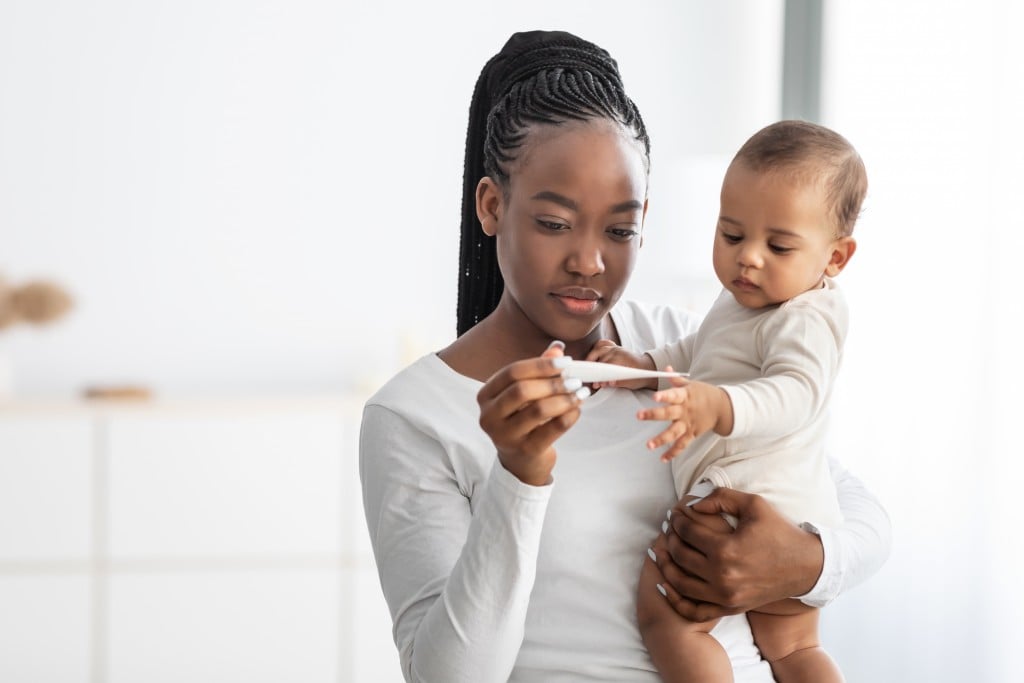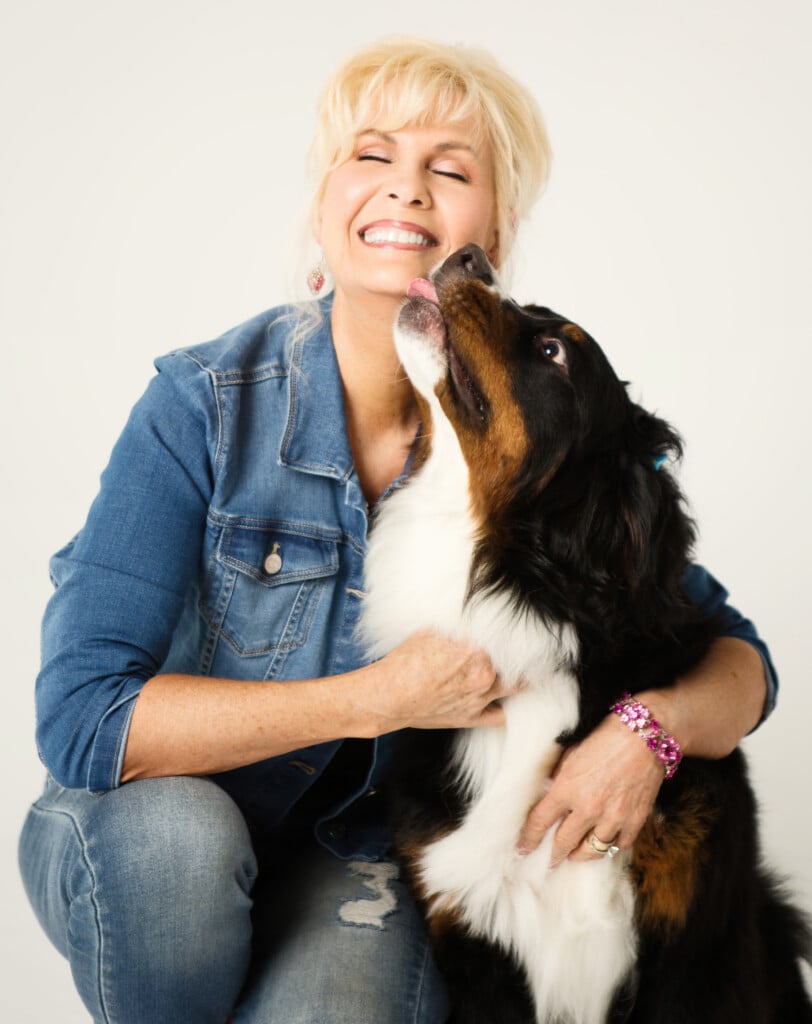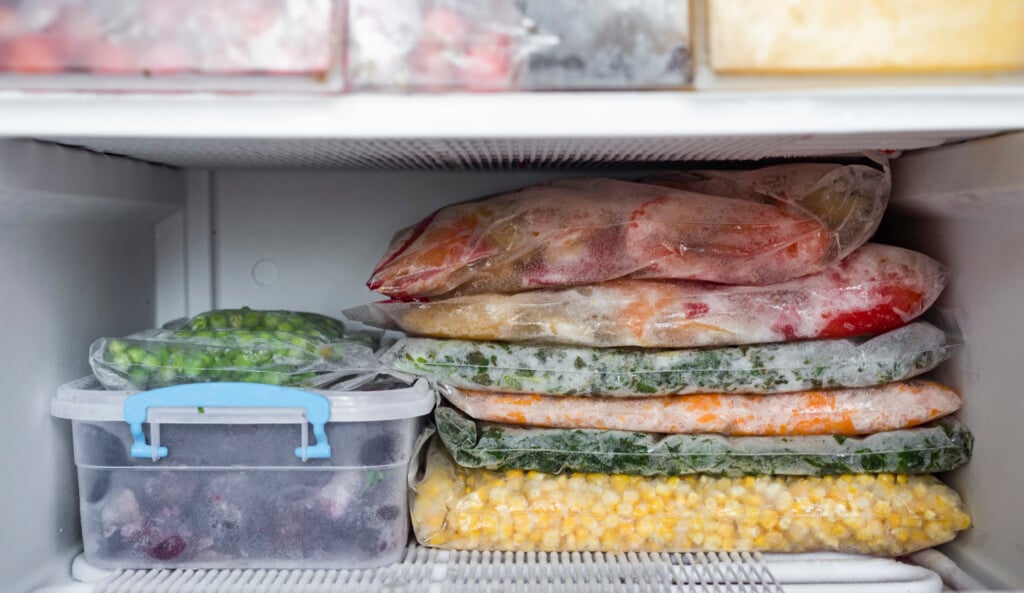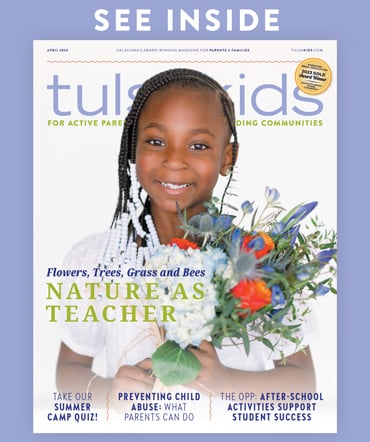RSV Spike Can Be Dangerous for Infants

The Centers for Disease Control and Prevention (CDC) recently issued a health advisory due to an unseasonable increase in cases of interseasonal respiratory syncytial virus (RSV) across parts of the United States.
RSV is a respiratory virus with cold-like symptoms that can be dangerous to infants. Cases normally peak in winter months, but healthcare professionals across the United States have seen a spike during the summer months this year. According to the CDC, hundreds of RSV detections have occurred weekly since April 2021. The alert noted that “RSV leads to on average approximately 58,000 hospitalizations with 100-500 deaths among children younger than 5 years old.”
Dr. Roopa Thukaram with the Children’s Hospital at Saint Francis says she has rarely seen RSV cases in the summer. This year, however, from the first week of May to mid-July, the number of in-patient RSV cases at the children’s hospital ranged from 7 to 15 per day. The Saint Francis lab reported 570 positive RSV cases.
Healthcare professionals attribute the unseasonably high numbers of RSV to a relaxation in the protective Covid prevention practices such as social distancing, hand-washing and mask-wearing, which also lessened the spread of other viruses, including RSV. As more people began to get the Covid-19 vaccine, they dropped other protective protocols, resulting in children being exposed to viruses that they were previously protected from.
Dr. Thukaram emphasizes that it is important to identify RSV early since infants can quickly end up hospitalized.
Symptoms, which come in stages, include a runny nose, decrease in appetite, fever, wheezing and respiratory distress.
“Symptoms could be just that they’re irritable and not as active,” Dr. Thukaram says.
Since young children may quickly become dehydrated, Dr. Thukaram encourages parents to monitor ill children and make sure they’re drinking enough to stay hydrated.
“If parents see decreased wet diapers, irritability and crying with no tears, dry lips, pale skin or tugging at their chest or the base of their neck, seek medical care immediately,” Dr. Thukaram says.
While there is no vaccine to prevent RSV, a doctor can do a nasal swab to diagnose whether the child has RSV or another infection such as Covid-19. Besides testing and reporting cases of RSV, Covid-19 or flu, Dr. Thukaram says that it’s important for physicians to educate parents about typical symptoms of RSV. Symptoms of RSV overlap with those of Covid-19, so if a child tests negative for Covid-19, parents may request that the doctor test the child for RSV. The CDC recommends that childcare workers and caregivers should also be aware of the clinical presentation of RSV in different age groups.
What can parents do to prevent RSV? Adults who are ill should avoid going to work and, as much as possible, distance themselves from other family members.
“Avoid others when you’re sick,” Dr. Thukaram says. “If you have a runny nose, fever or cough, stay home.”
Don’t touch a child’s face if you are ill. Wash your hands and clean/disinfect surfaces often.
“RSV can survive many hours on a surface,” Dr. Thukaram says. “If you do have a virus, including RSV, do not go to gatherings. Keep infants at home, advise family members not to visit if they’re sick, and provide supportive care with hydration if your child is ill.”
If symptoms worsen or your child is having respiratory problems, seek medical help immediately.
To help protect children, Dr. Thukaram also recommends that those who can should get the Covid-19 vaccine.






